As an avid guitarist and seasoned luthier, I’ve seen my fair share of acoustic guitars, each whispering its own story through every chord and strum. From my hands-on experiences and countless conversations with fellow musicians and renowned experts, I’ve pieced together how essential guitar care tips are in preserving both the sound and look of these beloved instruments. An often-overlooked aspect is how to clean the acoustic guitar body correctly, guarding against the grime and oils that naturally accumulate. After experimenting with myriad techniques and solutions myself, I’ve discovered that not all advice floating around truly respects the craftsmanship involved. Frequently, I’ve been asked, “Is this product safe?” or “How often should I clean my guitar?” Recognizing these concerns, I’ve crafted this comprehensive guide to demystify the process. It’s time to unveil the subtle art of enhancing your playing experience by honoring the artistry behind your instrument.
Why Clean Your Acoustic Guitar?
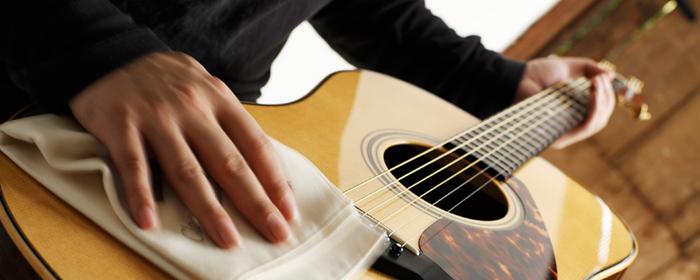
As a devoted steward of acoustic craftsmanship, I often find myself contemplating the numerous hours and resources I’ve poured into acquiring my guitars. It’s easy to overlook the simple fact that their brilliance remains bound to the care they receive. Neglecting your guitar can lead to irreversible damage; are you willing to take that risk? I certainly wasn’t, once I realized the value of regular cleaning as more than mere upkeep.
A clean guitar is a melodic masterpiece that offers unparalleled tonal quality and responsiveness. Over the years, I’ve learned firsthand that dust and grime can insidiously dull the once-vibrant voice of a guitar. The buildup on the body and fingerboard doesn’t just risk superficial scratches—it intimately, and often silently, corrodes your instrument’s soul. This realization hit me hard after missing out on a recording session when my instrument didn’t sound as pristine as I knew it could. It was a revelation: consistent cleaning wasn’t just an act of preservation—it was an investment in the sound and playability I cherished.
In that moment, I understood cleaning was essential. When I clean my guitar, I’m engaging in a ritualistic renewal that maintains the tonal integrity and playability for which I had invested so much. It has become an integral part of my routine, ensuring my guitars offer their finest performance every time I play. I invite you to consider this vital care—your guitar will sing its gratitude back to you, I assure you.
When to Clean Your Acoustic Guitar
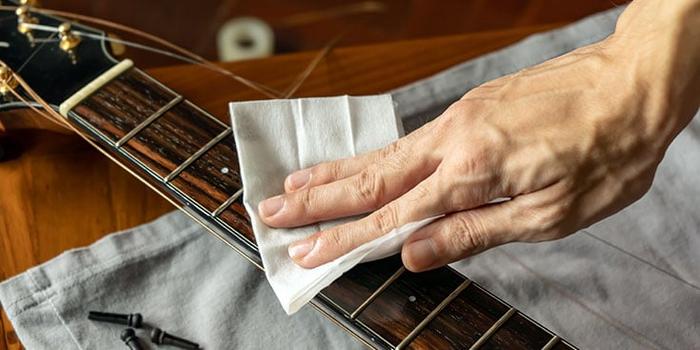
As a dedicated musician, I’ve learned that the care I extend to my acoustic guitar directly impacts its performance. But here’s a question for you: How often do you truly think about your guitar’s cleanliness in relation to your playing frequency? This consideration might be more crucial than you think. With each strum and every performance, dirt and oils from my hands subtly build up on the guitar’s surface, affecting its sound and durability.
I advise cleaning your guitar as often as you play it, making it a routine part of post-session care. After practices or performances, take a moment to gently wipe down the body and strings. Doing so ensures that this treasured instrument maintains its vibrant voice and flawless finish. Over the years, adhering to this routine has not only prolonged my guitar’s life but also preserved its sound, offering a consistent quality that my audience comes back for. Trust me, this habit cemented itself as one of my most valuable practices in guitar maintenance.
How to Clean Acoustic Guitar: Step-by-Step Guide
Cleaning the Guitar Body
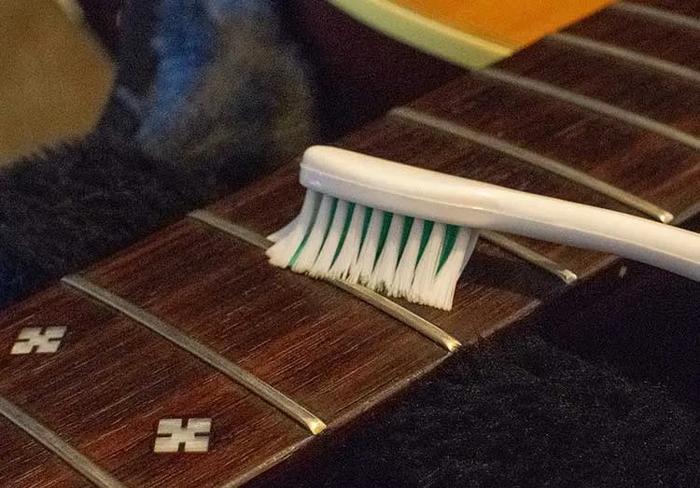
What if your guitar’s finish could shine brighter with just a little care? As someone who has spent years refining the art of acoustic guitar maintenance, I’ve come to understand the profound impact of a clean acoustic guitar body on sound and aesthetics. Let’s be honest, a neglected guitar surface is more than just a visual nuisance—it can affect the tonal quality as dust and smudges interfere with the natural resonance.
Choosing the best products for guitar cleaning is paramount. An ill-suited cleaner can mar the delicate finish or even damage the wood. I recommend using a soft, microfiber cloth paired with a cleaner specifically designed for your guitar’s finish. This small investment in quality products will preserve the integrity and luster of the instrument.
In this step-by-step guide, I’ll walk you through the precise techniques I’ve honed over the years, ensuring your guitar not only looks spectacular but also continues to produce that rich, warm sound you cherish. Follow these insights, and your guitar will not only shine—it will sing.
Maintaining the Fingerboard
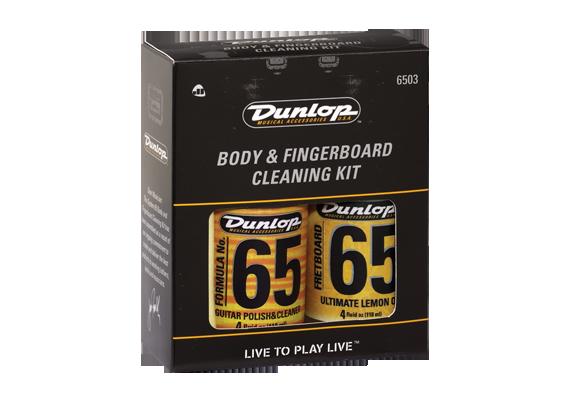
How does a clean fingerboard affect your playing experience? As someone deeply rooted in lutherie, I’ve discovered that fingerboard maintenance is not just about cosmetics—it’s about enhancing your performance and preserving your instrument. A clean fingerboard ensures optimal playability by preventing the build-up of grime, which can impede finger movement and minimize fret wear.
The process is straightforward. Begin by using wipes for acoustic guitars designed specifically for fingerboards. These wipes are gentle yet effective, lifting dirt without damaging the wood or finish. Consistently cleaned and conditioned, the fingerboard retains the natural oils needed for longevity. This maintenance reduces string corrosion, ultimately extending the life of your strings, which is an essential aspect of sound quality.
Through my years of experience, I’ve found that a disciplined cleaning routine greatly benefits the overall feel and sound of an acoustic guitar. By devoting attention to the fingerboard, you’re investing in a more pleasurable playing experience, underscoring the integral role it plays in both maintenance and enjoyment of your instrument.
Caring for the Strings
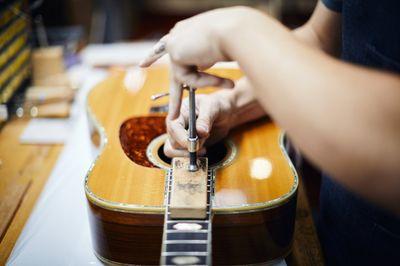
Did you know that dirty strings can significantly affect your tone and tuning stability? Through my years of experience, I’ve learned that caring for the strings is vital to both the sound quality and overall enjoyment of playing your guitar. In the ‘How to Clean Acoustic Guitar: Step-by-Step Guide,’ the section on string care is crucial, as it underpins the very essence of your instrument’s function. Without proper cleaning, strings accumulate oils and dirt, leading to dull sound and increased breakage risk.
Regularly cleaning strings with a soft, lint-free cloth after each session removes these residues, extending their life. Equally important is the cleaning of the guitar neck, as debris from the strings often migrates onto it, affecting playability and feel. I advocate for using specialized string cleaners sparingly, as they enhance longevity and maintain brightness. With every covered step, you’re not just maintaining your strings, but investing in sustained performance and lasting pleasures of acoustic bliss.
Using the Right Products
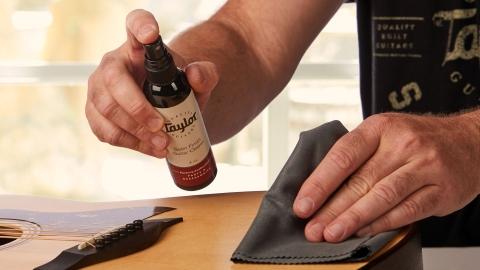
Are you confident that the products you use aren’t doing more harm than good? Having dedicated decades to understanding the delicate nature of acoustic guitars, I’ve seen firsthand just how crucial using the right products can be. Without the proper care, even the best instruments can suffer. Many well-intentioned musicians fall victim to common misconceptions about what’s safe for their guitars. Various types of guitar polish are marketed for their efficacy, but not all are created equal. Some contain harsh chemicals that can strip the finish and impair the wood’s integrity over time. In my experience, it’s vital to engage in rigorous research and select only the best products for guitar cleaning that offer gentle, yet effective care. This ensures the guitar’s longevity and sound quality. As we proceed, I’ll guide you through how you can meticulously choose and use the right cleaning solutions to nurture your instrument like a pro.
Common Mistakes to Avoid
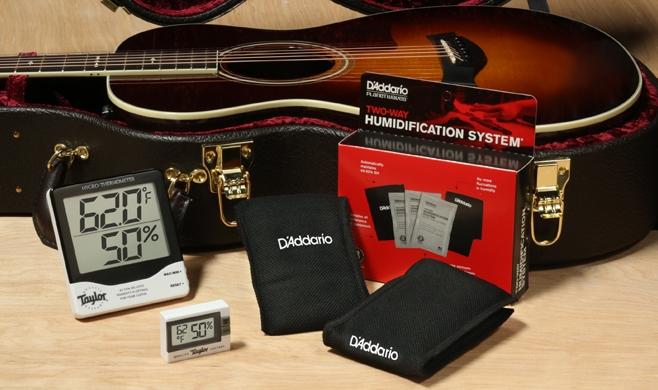
What’s the most common mistake guitarists make when cleaning their instruments? Believe me, over the years, I’ve seen countless capable musicians heading down a slippery slope. The number one misstep is using the wrong products. This might sound basic, but it’s surprisingly easy to reach for a household cleaner or skimp on quality products, thinking you’re saving a bit of cash or time. But trust me, these shortcuts invariably lead to costly repairs later.
From my experience, using inappropriate materials does more harm than good. I once hastily used a multipurpose cleaner, thinking it would do the trick. It wasn’t long before I noticed the subtle damage to my guitar’s finish—a memory I won’t soon forget. I learned the hard way that rushing the cleaning process can be just as damaging. It’s essential to approach this task with care and precision. Take your time to ensure each part of the guitar is well tended to, and use products specifically designed for musical instruments.
The right products, patience, and a gentle touch make all the difference. Don’t underestimate the significance of this process; it’s a harmony of art and maintenance that keeps your acoustic guitar resonating beautifully. Embracing these insights can prevent unnecessary expenses and prolong the cherished sound of your beloved instrument.
FAQs
What is the best way to clean my acoustic guitar without damaging it?
Can I use regular furniture polish on my acoustic guitar?
How often should I clean the strings on my acoustic guitar?
What type of cloth is best for cleaning my acoustic guitar?
Are there any specific areas of the guitar that need special attention during cleaning?
Conclusion
Are you ready to implement these cleaning strategies and care tips to enhance your guitar’s performance? Throughout this article, I’ve shared insights into guitar cleaning and the transformative impact of meticulous care. Regular maintenance not only optimizes your instrument’s performance but also deepens your bond with it, transforming routine cleaning into a rhythm of appreciation and respect. Understanding when and how to clean your acoustic guitar ensures it remains a faithful companion, eager to share its melodious stories. By adopting a holistic approach to guitar care tips, from cleansing the body and maintaining the fingerboard to nurturing the strings with the right products, we sidestep common pitfalls and harness the full potential of our beloved instrument. Embrace these practices not as chores but as rituals, fundamental to elevating your musical journey. Let’s keep our guitars not just alive, but thriving, for many tunes and tales to come.
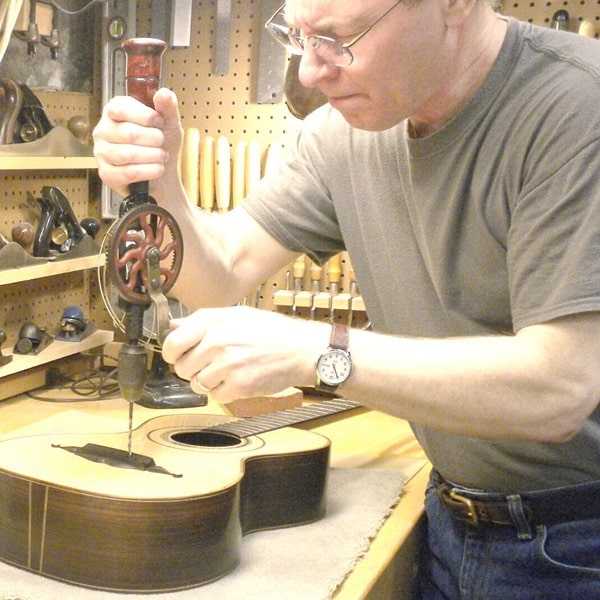
R.M. Mottola, an engineer-turned-luthier, revolutionizes stringed instrument design with his deep focus on acoustics and ergonomics since 1994. As editor of the Savart Journal and a key contributor to American Lutherie, Mottola merges science with artistry in lutherie. He enriches the field with his extensive knowledge, shared through his Liutaio Mottola website, making him a beacon in the world of modern instrument craftsmanship.
